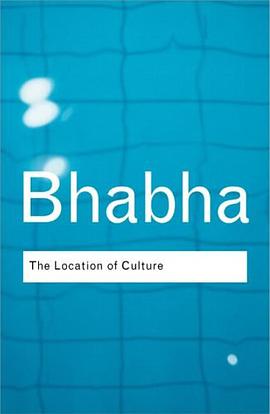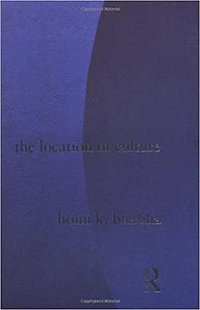
Homi K. Bhabha
简介
Rethinking questions of identity, social agency and national affiliation, Bhabha provides a working, if controversial, theory of cultural hybridity - one that goes far beyond previous attempts by others. In The Location of Culture , he uses concepts such as mimicry, interstice, hybridity, and liminality to argue that cultural production is always most productive where it is most ambivalent. Speaking in a voice that combines intellectual ease with the belief that theory itself can contribute to practical political change, Bhabha has become one of the leading post-colonial theorists of this era.
contents
Acknowledgements
Introduction: Locations of culture
1. The commitment to theory
2. Interrogating identity: Frantz Fanon and the postcolonial prerogative
3. The other question: Stereotype, discrimination and the discourse of colonialism
4. Of mimicry and man: The ambivalence of colonial discourse
5. Sly civility
6. Signs taken for wonders: Questions of ambivalence and authority under a tree outside Delhi, May 1817
7. Articulating the archaic: Cultural difference and colonial nonsense
8. DissemiNation: Time, narrative and the margins of the modern nation
9. The postcolonial and the postmodern: The question of agency
10. By bread alone: Signs of violence in the mid-nineteenth century
11. How newness enters the world: Postmodern space, postcolonial times and the trials of cultural translation
12. Conclusion: 'Race', time and the revision of modernity
Notes
Index

